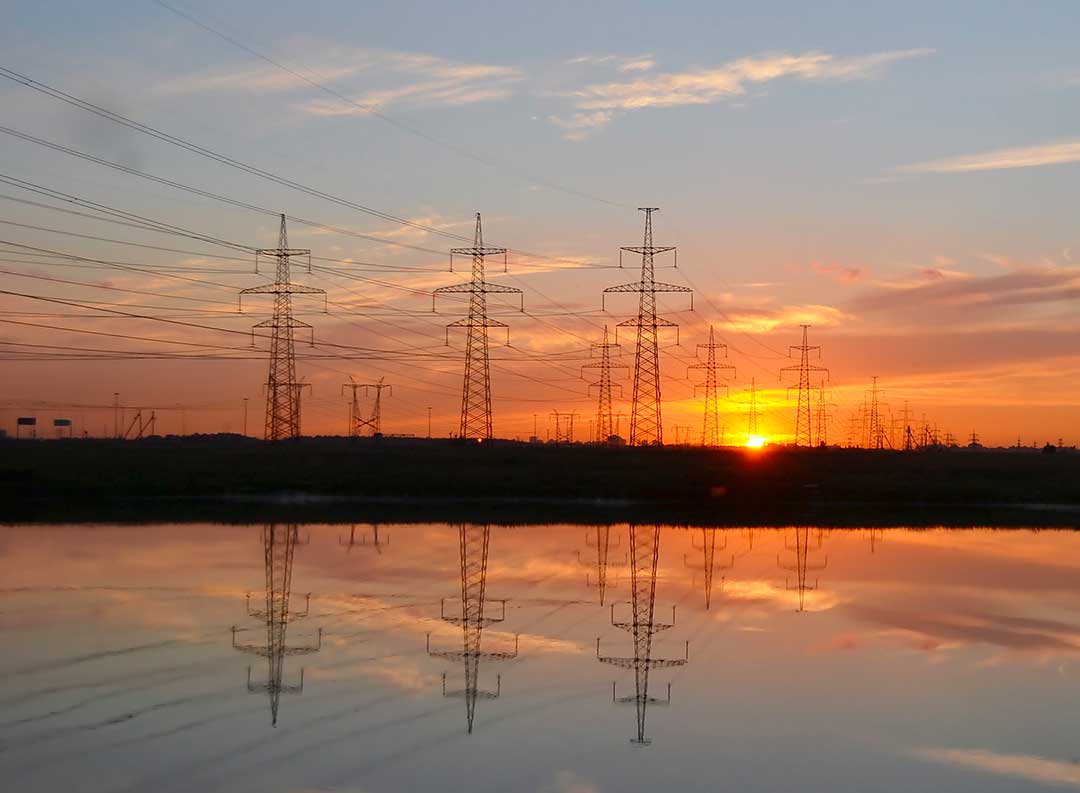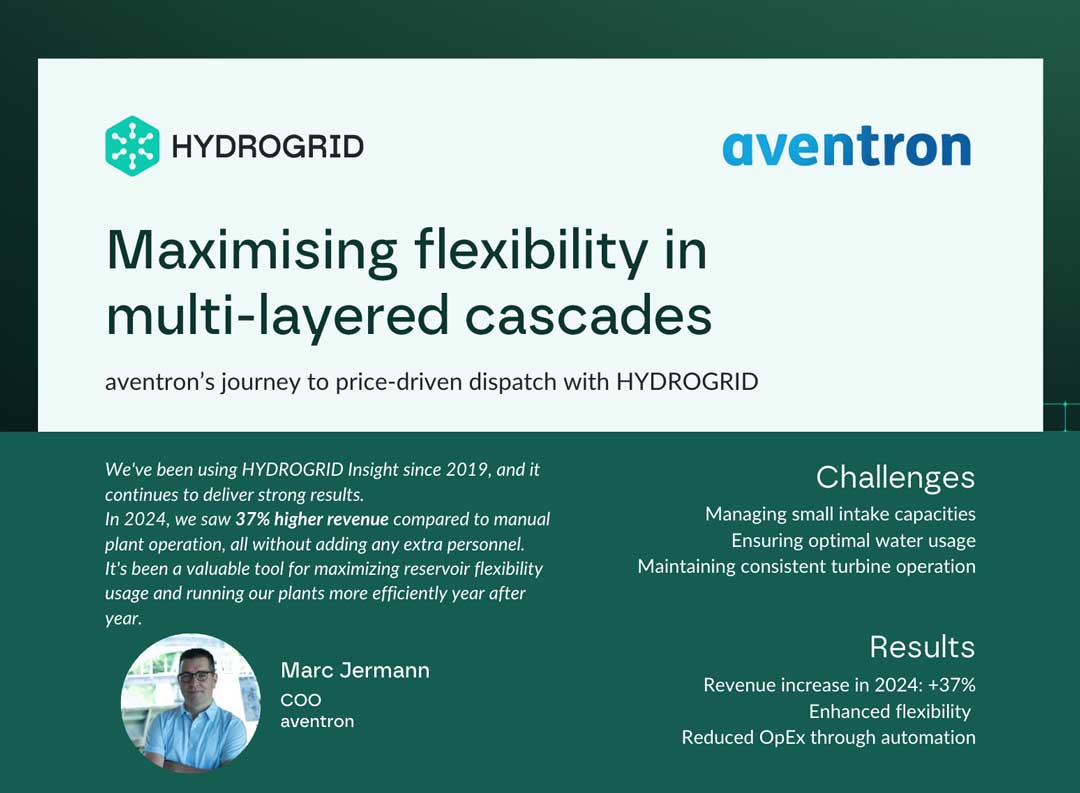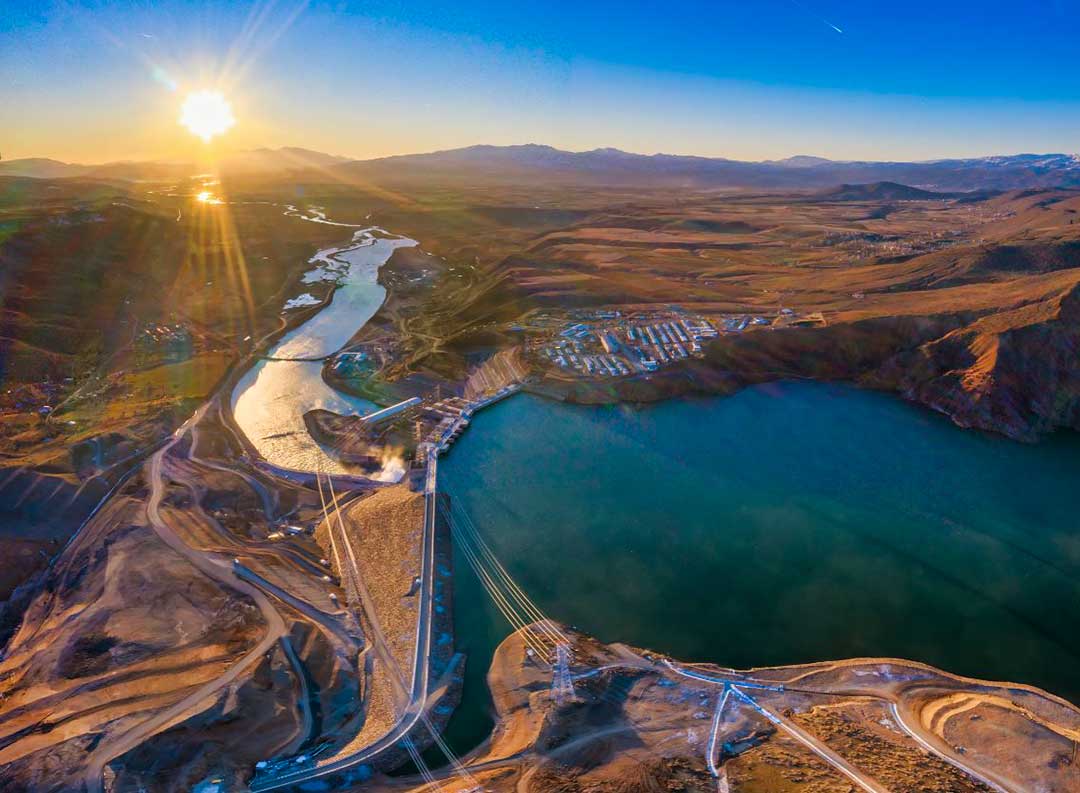Small Hydropower: Engaging with Local Communities

What is Small Hydropower?
SHP1 projects are often an ideal option for communities that lack access to reliable electricity. By harnessing the natural flow of water from rivers or streams, SHP generates electricity without large-scale dams. This usually makes it a sustainable option with minimal environmental impact. There is significant potential worldwide for the development of small hydropower.
Lamide Niyi Afruye, Chief Executive Officer, Africa Minigrid Developers Association comments: “Small hydropower is a mature and versatile technology, effective for providing access to clean and sustainable electricity in both developing and developed worlds, particularly in rural communities.”
Case Studies in Small Hydropower

IBEKA Project: Overcoming challenges through community engagement
The IBEKA project, established in Indonesia in the early 1990s, shows the potential of small hydropower to drive development in under resourced regions. Despite challenges such as poor infrastructure and limited accessibility, strong community involvement and governance have been instrumental in overcoming these challenges.
The focus of IBEKA's strategy is on participatory development, involving local communities in every stage; from planning to implementation and maintenance. This inclusive strategy ensures hydropower facilities are tailored to local needs and build local capacity and ownership. The projects provide electricity and foster economic growth and social development, supporting local businesses and improving healthcare facilities through better access to power.
“The construction of micro hydro plant is not merely about technical aspects but mostly non-technical aspects. It’s all about the people, how to create a sense of belonging during development activities. This is because it will guarantee the sustainability of the project.” said Tri Mumpuni, Member of Governor Board, National Research, and Innovation Agency in Indonesia (BRIN)
Micro-Hydro Power in Putsil Village
The micro-hydro plant developed in Putsil has significantly improved villagers' lives, particularly benefiting women by eliminating backbreaking chores like grinding cereals. With a 3-HP rice mill, extended leisure time, cleaner homes, and better food quality, families now earn an additional Rs 10,000–12,000 annually. The plant also supports seven neighbouring villages, creating jobs, and fostering sustainability practices such as forest protection and land management. Community initiatives have flourished, leading to increased empowerment and awareness (UNDP).
Benefits of Small Hydropower (SHP)
Environmental
Small hydropower projects contribute to reducing greenhouse gas emissions by providing a cleaner energy source. Whether connected to the grid or used in off-grid areas, SHP systems help decrease reliance on fossil fuels, leading to significant reductions in carbon emissions.
Social
The introduction of electricity through SHP to previously off-grid communities brings significant social benefits. Access to reliable electric lighting enhances daily life, making activities such as studying, working, and household tasks easier and more efficient. Additionally, improved outdoor lighting increases safety, while access to electronic devices such as radios, televisions, and mobile phones fosters greater connectivity with the wider world.
The Importance of Community Involvement in SHP Projects
A key takeaway from these case studies is the importance of community involvement in the success of SHP projects. Engaging local populations in the planning and operation phases ensures that the projects are sustainable and meet the actual needs of the people. This participatory approach fosters a sense of ownership and responsibility, crucial for the long-term maintenance and success of the facilities.
SHP projects, like those in IBEKA and Putsil village, demonstrate that small scale renewable energy solutions can provide more than just electricity. It can provide wider socio-economic development, improving education, healthcare, and the quality of life for rural and remote communities.
“If sustainably planned, SHP can offer opportunities to empower local communities.” said Lamide Niyi Afruye, Chief Executive Officer, Africa Minigrid Developers Association
Applying the Hydropower Sustainability Standard to SHP
The Hydropower Sustainability Standard evaluates hydropower projects of all sizes across 12 ESG (Environmental, Social, and Governance) topics. Social topics, such as "Community Impacts and Infrastructure Safety," "Resettlement," and "Communications and Consultation," are critical to ensuring that projects engage respectfully with affected communities. These guidelines help uphold the dignity and human rights of local populations, enhance their livelihoods and living standards, and share project benefits with them.
For SHP projects, adhering to this standard ensures that they are not only technically viable but also socially responsible. This is particularly important in the context of rural and remote areas, where the social and environmental impacts can be great.
Read more on the Hydropower Sustainability Standard
SHP Opportunities
In 2019, small hydropower's global potential was 229 GW, with 78 GW already installed. According to UNIDO, Africa has significant potential for SHP due to its relatively low capital and operating costs, and reliable energy generation. SHP projects are financially accessible to a wider range of investors than larger hydropower projects, and they typically have lower environmental and social impacts.
“(Small hydropower is) not only critical to supporting rural communities, water security, but promoting climate-smart agriculture and enhancing industrial development.” says Dr Liu Heng, Senior Technical Advisor, UNIDO
One example of SHP's growing influence in Africa is Serengeti Energy, a member of the International Hydropower Association (IHA). Serengeti Energy has set an ambitious goal to expand its portfolio to include 300 MW of small to medium-sized hydropower projects across Sub-Saharan Africa by 2030.
In alignment with the Hydropower Sustainability Standard, Serengeti Energy is committed to ensuring that its projects are not only technically and financially viable but also socially and environmentally responsible. By integrating these sustainability standards, Serengeti Energy aims to benefit the communities and host countries where its projects are located.
“We strongly believe in the role sustainable hydropower projects can play in achieving a decarbonised power sector. This is especially the case in Africa with its vast untapped hydro potential.” said Anton-Louis Olivier, Chair of IHA and CEO of Serengeti
Find out more about our members’ SHP activities in Africa at our May 2024 webinar on Small Hydropower.

Small Hydropower is an important technology for providing clean, sustainable electricity to remote and rural communities. The success of projects like the case studies provided highlights the importance of community involvement and the potential for SHP to drive socio-economic development. By continuing to support and invest in SHP, we can empower communities, promote environmental sustainability, and contribute to a brighter future for all.
1 Small Hydropower (SHP) refers to hydropower facilities with a capacity of up to 10 MW, encompassing pico, micro, mini, and small classifications, each adapted to suit local conditions and requirements. SHP plays a crucial role in providing remote and rural communities with access to renewable and reliable electricity.










